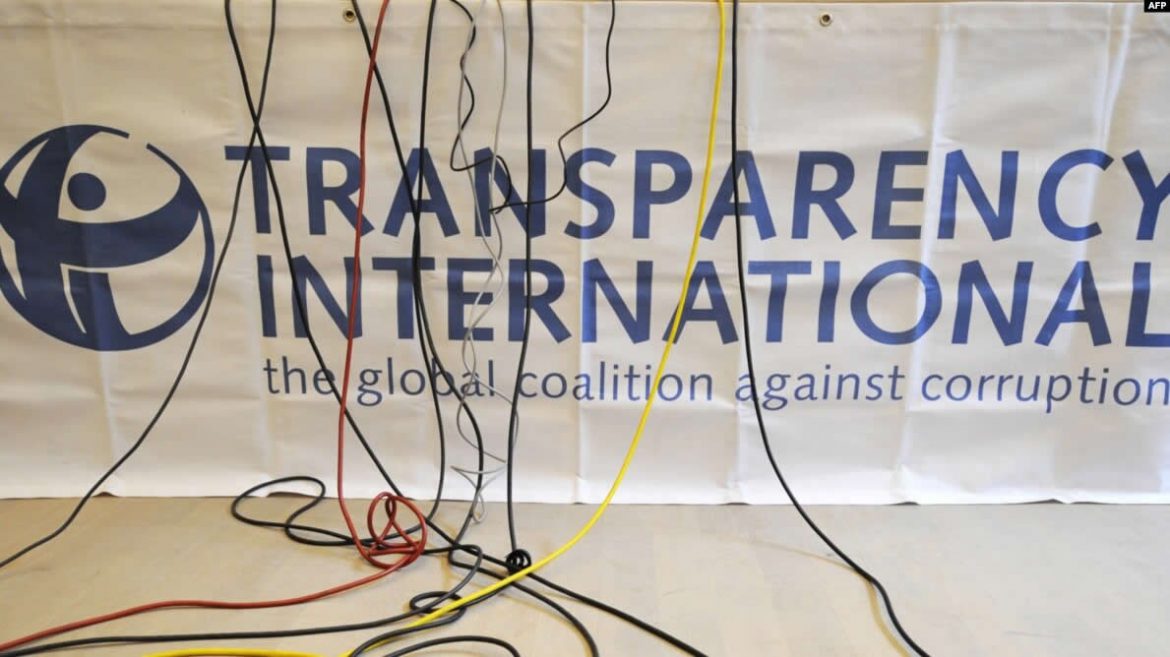Transparency International has marginally adjusted Armenia’s standing in its annual assessment of corruption perceptions worldwide, highlighting a lack of significant progress in the country.
Armenia now occupies the 62nd spot out of 180 countries and territories in the 2022 Corruption Perception Index (CPI) released by the Berlin-based watchdog. This represents a slight improvement from its joint 63rd position with Romania in the previous CPI released a year ago.
The country’s CPI “score,” measured on a 100-point scale, inched up from 46 to 47 over the past year. Despite this uptick, Armenia falls short of the government’s target of gradually raising it to 55, as outlined in its three-year anti-corruption strategy approved in 2019.
Varuzhan Hoktanian, the head of Transparency International’s Armenian partner organization, downplayed the modest progress, citing the CPI survey’s 2.5-point margin of error. He characterized the change as indicative of ongoing “stagnation” in the government’s anti-corruption efforts.
“In the two years following the 2018 Velvet Revolution, Armenia experienced significant democratic and anti-corruption reforms,” Transparency International noted in a report accompanying the latest CPI rankings. “However, progress against corruption has stalled, primarily due to the limited implementation of these new measures.”
Prime Minister Nikol Pashinyan has frequently asserted that he has eradicated “systemic corruption” in Armenia. Nevertheless, Armenian media increasingly accuses members of his inner circle of self-enrichment and reneging on their anti-corruption pledges made in 2018. Concerns about integrity in public procurement under the current government are also on the rise.
Around a year ago, Pashinyan urged senior Armenian officials to take legal action against media outlets falsely accusing them of illicit enrichment. Subsequently, hackers compromised the YouTube channel of the Yerevan newspaper Aravot just before it was due to release a video report exposing extravagant property acquisitions by several high-ranking government officials and pro-government lawmakers.
In December, the Armenian parliament, controlled by Pashinyan’s Civil Contract party, effectively dismissed the head of a state anti-corruption watchdog who had investigated numerous pro-government lawmakers suspected of illicit enrichment, conflicts of interest, or other corrupt practices. The National Assembly disregarded a joint statement from several Armenian civic organizations expressing support for the dismissed official, Haykuhi Harutiunian.




